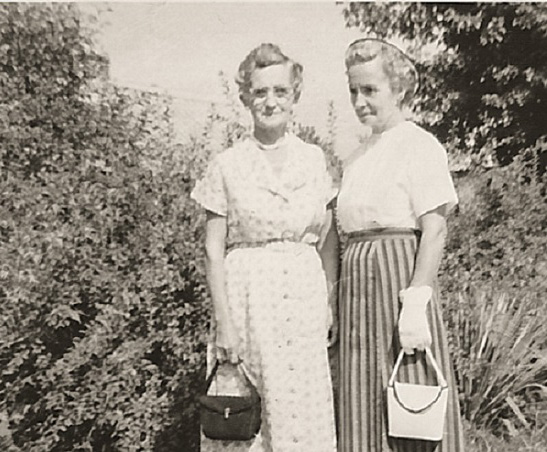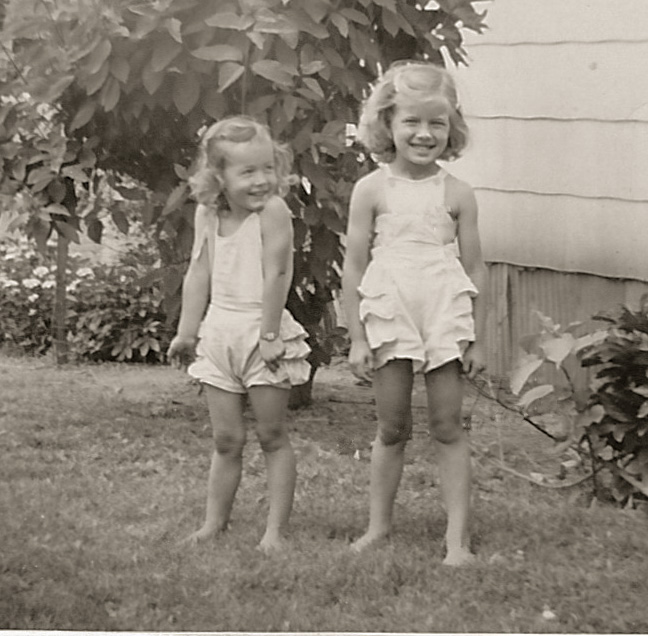Fiddlesticks
 Fiddlesticks often flies from my mouth. Not the actual bows used to play fiddles, but an expression of frustration. I say it when I:
Fiddlesticks often flies from my mouth. Not the actual bows used to play fiddles, but an expression of frustration. I say it when I:
- Forget an important item or event.
- Drop what I’m carrying.
- Believe something is foolish.
Fiddlesticks expresses frustration or impatience.
It also means to be annoyed or to think something makes no sense. The situation or statement sounds or looks like garbage.
Fiddlesticks moments can change into creative ones.
We can turn our frustration or impatience into opportunity. If we don’t like the way things are, we do something about it. When we don’t have the resources we want, we use the resources we have.
For example, another little-known form of fiddlesticks exists. According to The Creole State Exhibit of Louisiana’s Living Traditions, fiddlesticks were “a traditional way of adding percussion…. As one person played the fiddle, another tapped out a rhythm on the strings.”
Wikipedia explains that the second person used “a pair of straws, sticks, or knitting needles to tap out a rhythm on the strings over the upper fingerboard (between the bow and the fiddler’s fingering hand).”
By using their existing resources, they added variety to their music.
We choose: Remain upset or adjust our circumstances.
Like the makers of the rhythmic fiddlesticks, we may have to make do with what we have. Yet, who knows what a difference we can make until we try?
“O my soul, don’t be discouraged. Don’t be upset. Expect God to act! For I know that I shall again have plenty of reason to praise him for all that he will do. He is my help! He is my God!” (Psalm 42:11 TLB).
Thanks to Laurel Blevins and Karen Hart for the suggestion. Image by Iryna Bakurskaya from Pixabay.
Do you have an expression you want explained or a thought about this one? If so, please comment below.
Subscribe to receive my weekly posts by email and receive a free copy of “Words of Hope for Days that Hurt.”
If you enjoyed this post, please share it with your friends.








